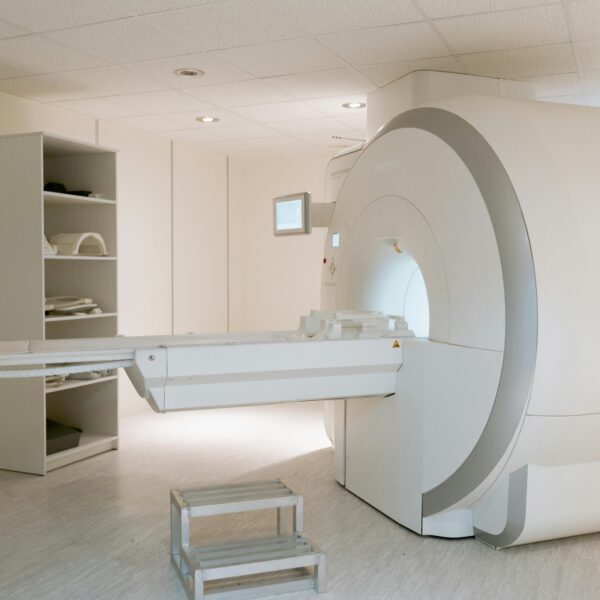Patient Experience Week is an annual event that occurs around the world to honor those who work in healthcare and strive to improve the experiences of patients. This week of celebration runs from April 29th – May 3rd, allowing healthcare professionals, organizations, and even businesses to recognize how important patient experience is when it comes to providing quality care.
What Makes a Good Patient Experience?
At its core, a good patient experience is one that puts the patient first. This may look different depending on the setting – in hospitals, for example, it might involve providing more engaging waiting rooms with comfortable seating and distraction activities; in doctor’s offices, it may mean reducing wait times or offering educational materials on new treatments being offered. A good patient experience should also prioritize communication between healthcare providers and patients by making sure that each individual receives clear and accurate information about their diagnosis and treatment plan as well as any questions they may have regarding their health.
Respectful Interactions
Respect is an important value when it comes to healthcare settings. Healthcare providers should always take the time to make sure they are communicating with their patients in a way that conveys respect for each individual’s needs and preferences. It’s also important for patients to be given an environment where they can ask questions and feel comfortable talking about any concerns they may have.
Accessibility
Accessibility is key when it comes to a positive patient experience. This includes making sure all accessible entrances are properly labeled and well-lit; ensuring areas such as restrooms, treatment rooms and waiting areas have adequate room for wheelchairs; providing sign language interpreters upon request; and making sure all verbal communication is adapted to meet individuals with hearing impairments.
Listening & Understanding
One of the most important aspects of a good patient experience is allowing patients to express their thoughts without interruption or judgment. Healthcare providers should always take time to really listen to what their patients have to say so they can better understand them and provide appropriate care based on each individual’s needs. It is also beneficial for providers to ask questions when necessary so that everyone involved has the same understanding of what is being discussed.
By implementing these three components into our daily practices within healthcare settings, we can ensure that everyone receives the best possible care – no matter what type of medical service they need!
Why Is Patient Experience Important?
Providing a good patient experience can make all the difference in improving individual outcomes across multiple areas such as mental wellbeing, physical health, adherence to treatment plans, satisfaction with care received, risk of medical errors and overall quality of life. Showing appreciation for those dedicated to providing excellent patient experiences can also encourage more people to enter the medical profession which would ultimately result in more resources for everyone seeking medical care.
The theme for this year’s Patient Experience Week is “Caring Together” – honoring individuals from all backgrounds who are united by shared commitment towards bettering the lives of those with whom we serve. Let us take this time during Patient Experience Week to recognize our fellow healthcare workers who spend their days advocating for patients while providing valuable services that help improve our society’s well being!
If you are interested in finding a new opportunity to care for patients, then check out our job board here. If you are looking for something different than what you see there, send us an updated resume and a dedicated recruiter will reach out to you as soon as today!











